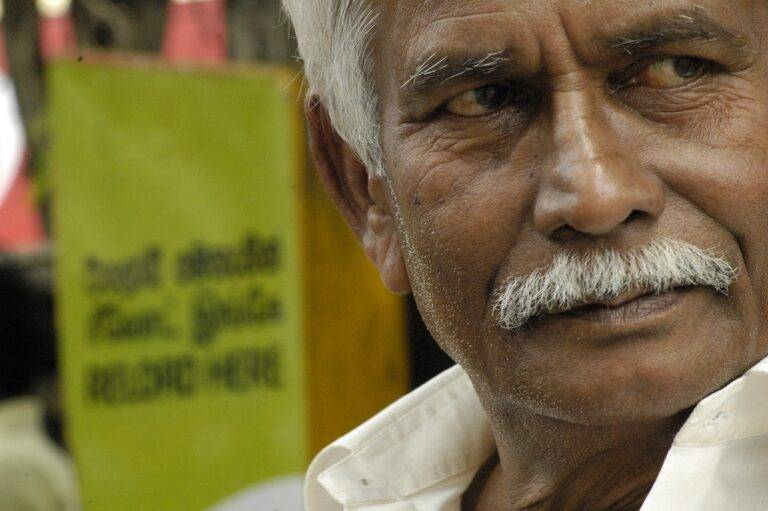Election Campaigning and the Role of Media Bias
Media coverage plays a critical role in shaping voter perception and influencing their decisions during elections. The relentless stream of information provided by various media outlets can significantly impact how voters view political candidates, parties, and important issues. From televised debates to online news articles, the media has the power to sway public opinion and ultimately influence the outcome of an election.
The tone, framing, and language used by the media can all contribute to shaping voter attitudes and beliefs. Biases, both intentional and unintentional, can seep into news coverage and influence how information is presented to the public. Whether through selective reporting, sensationalism, or partisan leanings, media coverage can shape voter perception in subtle yet profound ways. The level of trust that voters place in media sources further amplifies the impact of media coverage on their decision-making process.
Strategies Used by Political Candidates to Gain Media Attention
Political candidates often employ various tactics to capture media attention during election campaigns. One common strategy is to hold high-profile events or rallies that will attract the interest of journalists and reporters. By organizing events that are newsworthy and compelling, candidates can ensure that they are covered by the media, thus increasing their visibility among the electorate.
In addition to events, candidates also utilize social media platforms to engage with voters and generate media buzz. Platforms such as Twitter, Facebook, and Instagram provide candidates with a direct channel to communicate their message and connect with voters in real-time. By leveraging these digital tools effectively, candidates can shape the narrative surrounding their campaign and garner media attention through online channels.
• Holding high-profile events or rallies
• Utilizing social media platforms like Twitter, Facebook, and Instagram
• Engaging with voters in real-time through digital tools
• Shaping the narrative surrounding their campaign
• Garnering media attention through online channels
Effects of Media Bias on the Outcome of Elections
Media bias has long been a topic of contention in the realm of politics. The way in which media outlets cover elections can significantly impact the outcome by shaping the perceptions of voters. When media bias is present, it can influence which candidates are portrayed in a positive light, thus swaying voter opinions and potentially altering the course of an election.
Moreover, media bias can contribute to the polarization of society as individuals are exposed to information that aligns with their own beliefs. This can further deepen divisions within the electorate and hinder the possibility of constructive dialogue between opposing viewpoints. The effects of media bias on the outcome of elections underscore the importance of promoting unbiased reporting to ensure a fair and informed democratic process.
How does media bias impact voter perception?
Media bias can shape voter perception by influencing which information is presented and how it is framed, potentially swaying opinions in favor of certain candidates or issues.
What are some common strategies used by political candidates to gain media attention?
Political candidates may use tactics such as staging events, making controversial statements, engaging in social media campaigns, or seeking endorsements from high-profile individuals to attract media coverage.
Can media bias significantly impact the outcome of elections?
Yes, media bias can have a significant impact on the outcome of elections by shaping public opinion, influencing voter behavior, and ultimately affecting the results at the polls.
How can voters become more aware of media bias and its effects on elections?
Voters can become more aware of media bias by consuming information from a variety of sources, critically analyzing news coverage, fact-checking information, and being mindful of potential biases in reporting.







